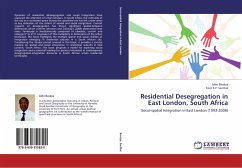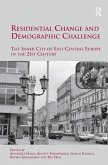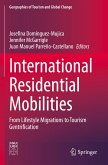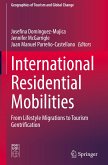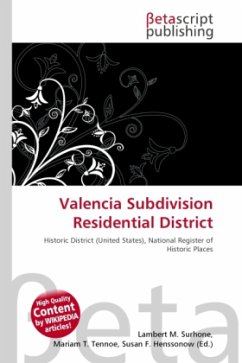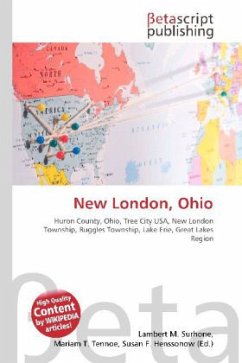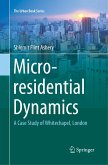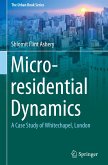Dynamics of residential (de)segregation and social integration have captured the attention of urban scholars. In South Africa, the centrality of the city as a contested space during the apartheid era has left urban areas as key indicators of the extent of spatial and social integration. Current research on desegregation has shown significant spatial-temporal differences which confirm Johnston and Sidaway¿s (2004) observation that every ¿landscape is simultaneously composed of obsolete, current and emergent¿ (p.271). Cognisant of this multiplicity in dimensions of the urban landscape, this book highlights the multiple spatial and social realities of integration emerging in residential suburbs in a South African city. Considering the 16-year period covered in this book, it provides a concise reading on spatial and social integration in residential suburbs in East London, South Africa. The book proposes a model for exploring social integration and is essential reading for persons interested in contemporary desegregation-integration discourse in South African urban residential landscapes.
Hinweis: Dieser Artikel kann nur an eine deutsche Lieferadresse ausgeliefert werden.
Hinweis: Dieser Artikel kann nur an eine deutsche Lieferadresse ausgeliefert werden.

